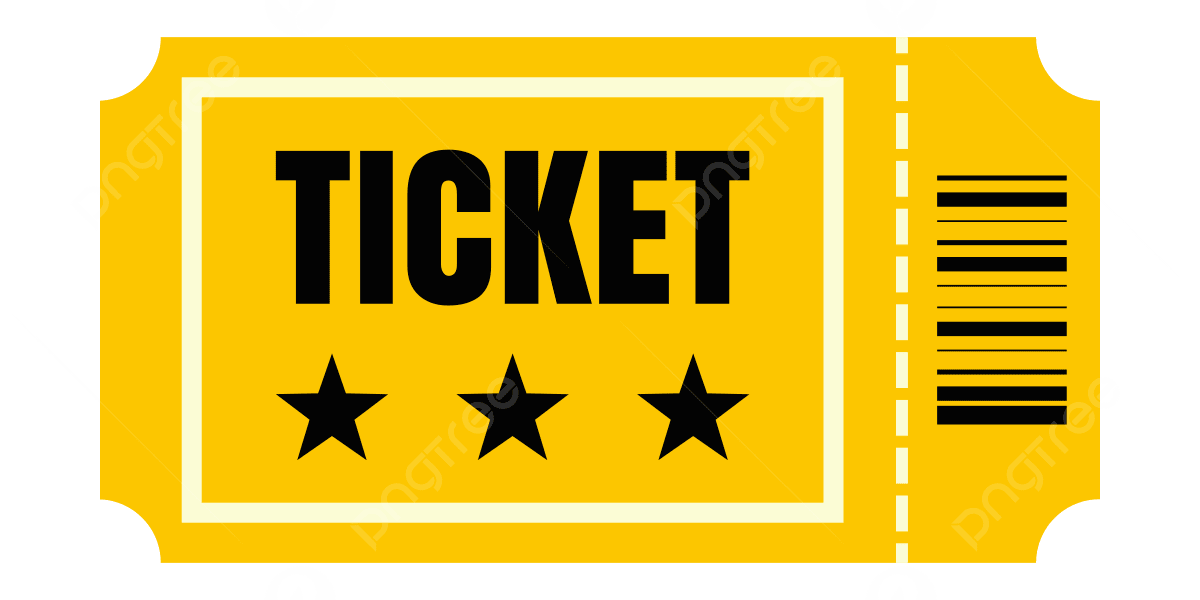What do you see as the biggest challenge for 2025?
Keeping up with change, especially as AI becomes a bigger part of recruitment, and making the most of the talent available in the market. Companies might need to rethink their approach, focusing on developing talent, recognizing transferable skills, and offering growth opportunities rather than waiting for the "perfect" candidate. For recruiters, this means becoming better at supporting hiring managers and helping them see the value of these shifts. It’s not always easy, but improving skills such as negotiation, communication, and embracing a data-driven approach, can go a long way in creating long-lasting partnerships with hiring teams and being seen as a valuable partner in the hiring process.
Where do recruitment organizations need to improve on the corporate side?
Recruitment organizations need to take the time to really understand the companies they’re working with—their needs, their culture, and their goals. Once they do that, they can tailor their services to fit. That might mean focusing on specialized candidate searches, using tools that the company doesn’t have, or even helping with employer branding. The key is to be flexible, listen, and adapt to what the client needs. If you can deliver the right talent quickly and effectively, you’re much more likely to build lasting partnerships.
What should recruiters focus on in 2025?
In 2025, recruiters should focus on becoming real business partners. This means working closely with hiring managers and leadership to understand the company’s long-term goals, not just immediate hiring needs. By doing this, recruiters can help create talent strategies that support the company’s growth. To succeed in this, though, we need to make sure we have the right skills to do this, and for some of us, it will require upskilling in certain areas.
What is your opinion on AI? Is it taking away recruiters' jobs? Where can recruiters add value to the selection process?
As a colleague of mine once put it “If you don’t want to be replaced by robots, don’t work like one.” I’ve seen firsthand how AI tools can help with everything from finding candidates to screening resumes and scheduling interviews. By automating these repetitive tasks, AI frees up time for recruiters to do things that bring the most value. Instead of thinking that AI will take our job, we should focus on understanding how we can utilize it to become more valuable to our organizations, clients, and candidates.
What economic outlook do you see for 2025? What are your expectations for the intellectual labor market?
In 2025, stability will likely remain on top of the mind for many candidates. We’ve already seen people prioritizing job security, and I expect this trend to continue as economic uncertainty sticks around. At the same time, the intellectual labor market is evolving. Technology, demographics, and the economy are all reshaping how and where people work. I expect continuous high demand for tech skills - roles in AI, data science, and software engineering/development will continue to grow as companies rely more on technology and data. Additionally, there will still be tough competition for talent, and employers will need to make sure they can attract and keep the best people.
What are you preparing for recruiTECH CEE?
I’ll be sharing how to build trust with hiring managers from day one and really connect with them by focusing on what matters most to them. I’ll be sharing some practical tips and lessons from my own experience, especially in fast-paced startup and scale-up environments where talent is in high demand. The session will cover how to work with different types of hiring managers and how to make those partnerships stronger and more productive.
Thank you for the answers Edita Milišić, the Talent Acquisition Lead of Printify + Printful!


